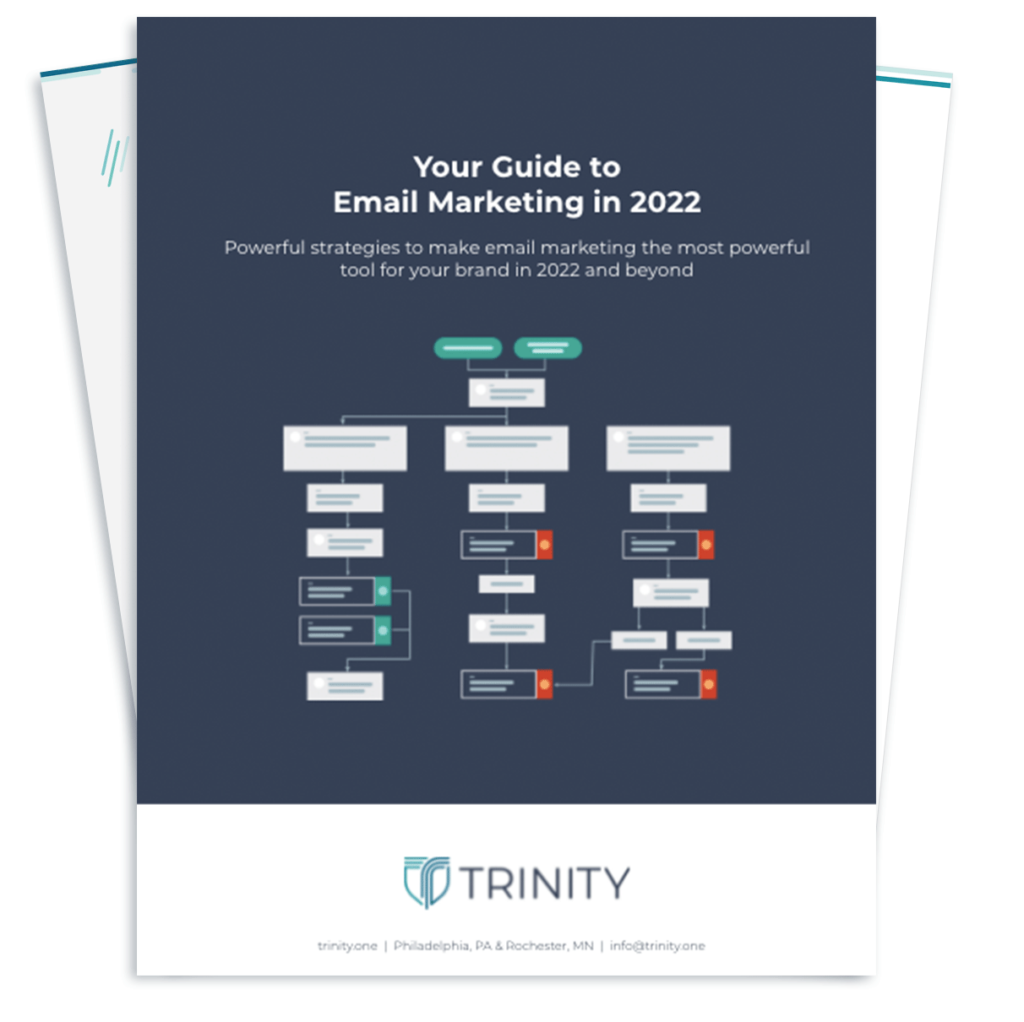Bob Goodlatte, a Republican representing Virginia in the House of Representatives is trying to gain support for a proposal that would allow the government to collect taxes on all online sales.
His proposal differs from previous legislation, such as the 2013 Marketplace Fairness Act, in that it would require eCommerce sites to collect the tax based on the state their offices were in, and not the state where the customer lives.
Billions Of Dollars In Lost Revenue
Under current law, eCommerce sites are only responsible to collect sales tax on purchases that are made by residents in states where they have a physical presence. This means that any out of state purchases are essentially tax free.
Legally, citizens who make these tax-free purchases are still required to pay that sales tax to their state. Most residents will not volunteer how much they owe, however, and many states will not take the time to try and collect this sales tax on smaller purchased, only directly billing customers for items that require licensing, such as cars and boats. Several states, such as New York, have a line on their tax forms asking citizens to estimate how much they owe, but most consumers will not give an accurate number, if they provide one at all.
Many traditional businesses list this tax loophole as one of the reasons that they find it hard to compete in the digital era, where their customers can save a few dollars by buying the merchandise online. Unlike most cost differences, where a business could price match their eCommerce competitor, sales tax is something that they have no control over, and so they list it as an unfair competitive edge that digital stores take advantage of.
Currently, states collect more than $150 Billion in sales tax every year, which makes up nearly one third of their total revenue. This income is used to pay for road improvements, schools, parks, and police forces. State’s are losing substantial revenue due to their inability to collect taxes on eCommerce sales. California alone estimates that they lose more than a billion dollars a year to online purchases.
Closing The Loophole
In 2002, more than 40 states worked together to form the Streamlined Sales Tax project, which hoped to create a way for states to make it easier for member states to collect taxes, and to simplify the administrative overhead multi-retailers would have to face to pay them.
Additionally, the organization encourages online retailers to collect sales tax from Streamlined Project states to level the playing field for traditional brick and mortar business. While collecting this tax is still voluntary, the Streamlined Sales Tax Project is an important foundation for future legislation. The organization is currently composed of 44 member states along with the District of Columbia.
During May of 2013 the Senate approved the Marketplace Fairness Act (MFA), that would require online retailers to collect tax on any purchases made by customers who resided in a state that currently collected sales tax. Backed by popular brick and mortar companies like Wal-Mart, the law would apply only to websites that had more than $1 Million in sales outside of their home state.
Supporters of the bill estimated that this could bring more than $15 Billion in additional revenue. AlixPartners, an advisory firm commissioned to survey the habits of those who purchase primarily online, found that more than 30% of respondents said that they would shop at brick and mortar stores more often if they had to pay tax online. This lead to the bill gaining significant support by the National Retail Federation and many small business.
Despite this popularity, the bill died in the House of Representatives without ever going to a vote. Large online retailers, such as Ebay, fought the bill saying that it would cause an administrative nightmare when it forced them to calculate the specific tax rates at checkout.
A Simplified Collection Process
Goodlatte’s proposal would remove most of the administrative burden that online retailers would face. Using a method called Origin sourcing, the sales tax rate would be determined by the location of the seller’s business itself. For example, if a company had their warehouse in Pennsylvania, any customers would pay a flat 6% sales tax. If the warehouse was in California, the customer would have to pay a 7.5% sales tax rate.
A multi-state commission would then distribute the collected revenue based on where the customers were located. This would allow states to collect tax revenue on online sales and help to level the playing field between traditional and online retailers.
The draft does not make it clear how taxes would be collected if the retailer is located in a state that does not collect sales tax, such as Delaware, or how taxes would be handled for companies such as Amazon that feature warehouses in multiple states.
The Hill, who first reported on the story said that the bill is unlikely to gain the support of companies that backed the Marketplace Fairness Act, but that it could be the basis of a deal. This bill has the tentative support of Ebay and Netchoice, two opponents of the MFA, because it is a far simpler alternative.
A Question Of When
With more than $15 Billion in potential revenue on the table, it’s only a matter of time until a proposal passes both houses allowing states to collect taxes on online sales. It’s not clear if Goodlatte’s proposal will gain enough support to have it brought to a vote, but it’s not unlikely that some new sales tax law will eventually make it to the House floor in 2015. With state lawmakers making difficult budget cuts, backed by powerful traditional business lobbyists, this law is a question of when and not if.
It’s important for online retailers, particularly those without the clout of international giants like Amazon and Ebay, to keep abreast of the popularity of these tax proposals. While some retailers already work with the Streamlined Sales Tax project, doing so is still voluntary. While it may not happen this year, a tax-free internet will become a thing of the past sooner rather than later. Companies that are prepared for the shift will find themselves in a better place financially than those who wait until the last minute to try and familiarize themselves with the law.




